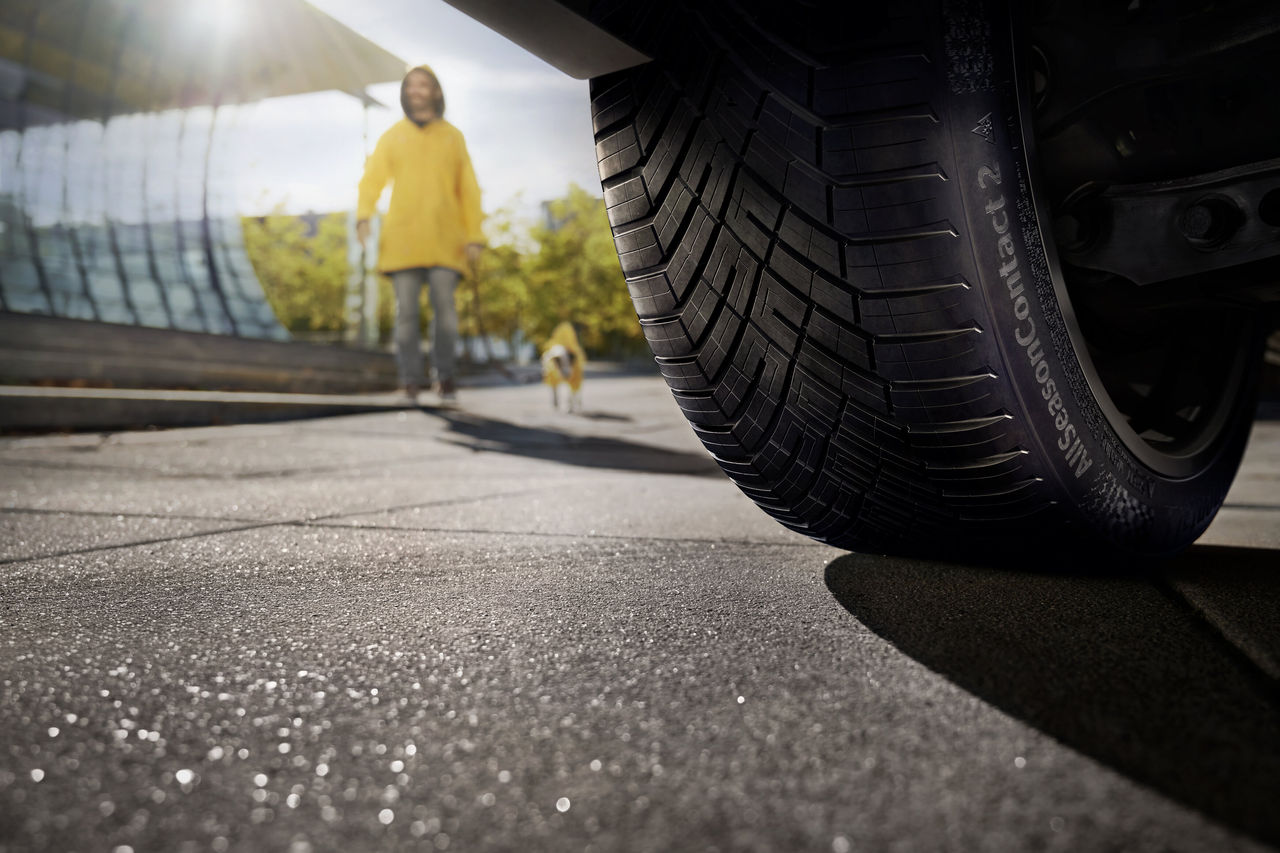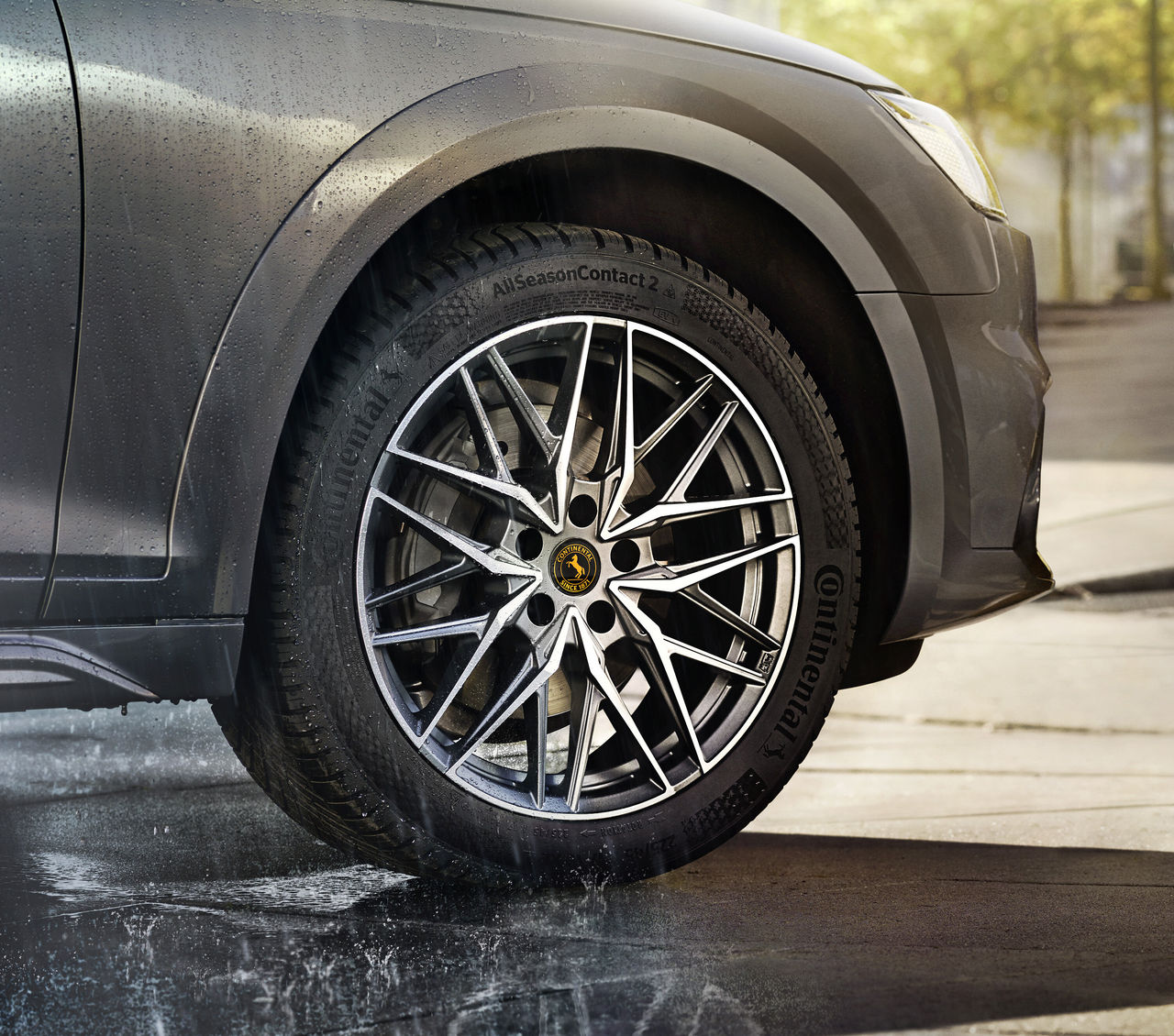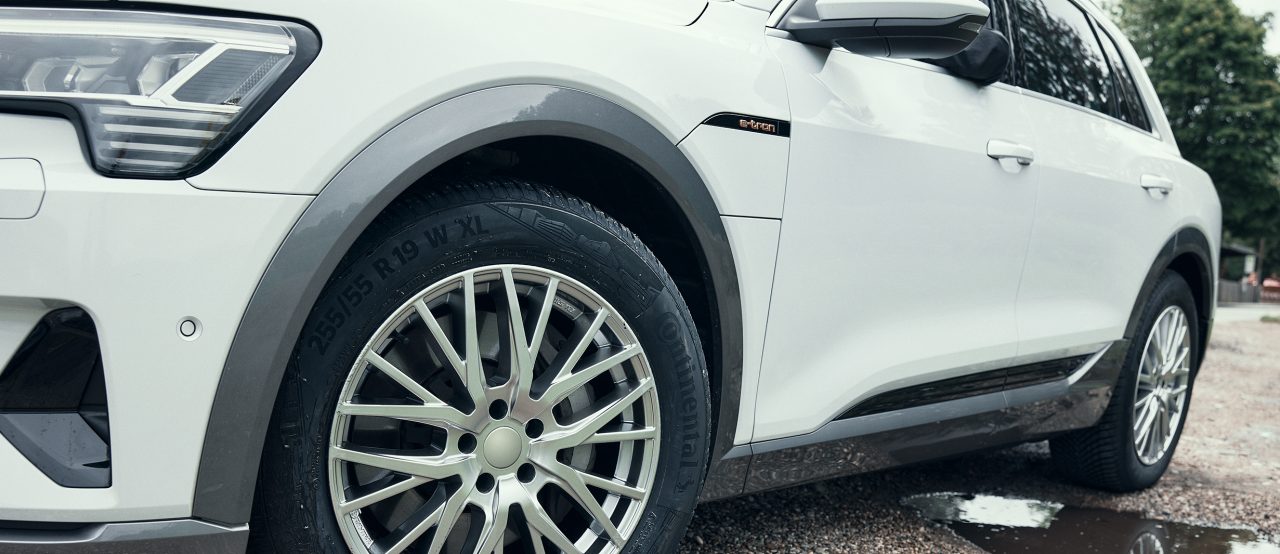
# Tire Knowledge
The benefits of choosing an all-season tire
Are all-season tires worth it?
All-season tires are made from an intermediate rubber compound that provides optimal performance and traction in a wide range of conditions. To better understand how all season tires work, it's helpful to explore how their construction and material blend allow them to adapt to different temperatures—except during extreme winter conditions, when switching to dedicated winter tires is essential.
When buying new tires, they must match the distance you travel each year. Reviewing independent results can also help you choose the right option, such as the insights available in our tire tests results section. The predominant weather in your region—especially winter conditions—also plays a key role in selecting the most suitable tire type.

Tread, traction, grip: is durability key tovalue?
Our all-season tires provide impressive durability all year round as well as optimal grip and good braking performance, in all but extreme conditions. In fact, in milder winter conditions, all-season tires are extremely durable, as their compound is super solid. Additionally, our all-season tires’ balanced tread depth provides high fuel-efficiency, best-in-class rolling resistance and excellent mileage.

One tire. Four seasons
The best time to buy all-season tires is, well, any time. Unlike seasonal tires, they are not dependent on weather changes. Continental’s AllSeasonContact carries both the ‘M+S’ symbol, meaning the tires are suitable for driving in mud and snow, and the 3PMSF (3 peak mountain snowflake) symbol that indicates that they’re certified for use in locations where snow tires are legally required.
Moreover, with all-season tires, there’s no need to keep a check on temperature changes because they’ll keep you motoring all year round – even in light snow.

What other factors could affect your tire choices?
Value for money is a genuine concern for any consumer buying new tires, but when it comes to decision making time, safety, comfort, noise and convenience are also important factors to consider.
Continental all-season tires provide superb performance all year round. All-season tires score highly on issues such as noise level and driving comfort. Plus, there’s the the added convenience of not having to store different sets of tires or change them.
With Continental all-season tires, you can be rest assured that the high levels of advanced German engineering are providing value, performance and convenience in all but the most extreme driving conditions.
Related content
-
 2026/01/21With the popularity of motorhomes increasing, it’s time to consider the best tires for your RV.All-season tires for motorhomesRead more
2026/01/21With the popularity of motorhomes increasing, it’s time to consider the best tires for your RV.All-season tires for motorhomesRead more -
 2026/01/21Learn the key facts about all-season tires, and find out whether they’re right for you.How all-season tires workRead more
2026/01/21Learn the key facts about all-season tires, and find out whether they’re right for you.How all-season tires workRead more
